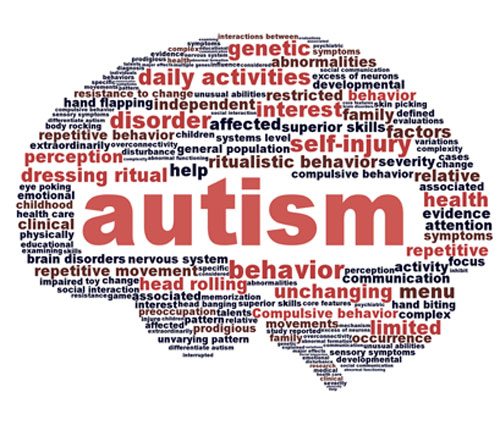autistic studying advice
by an autistic undergrad
1) Don’t trust all study guides by NTs
Their brains are wired differently and some things that work for them won’t work for us. There’s a chance those tips and tricks won’t do anything for you, which might make you feel like a failure. You aren’t! If something doesn’t work, move on. It’s okay.
2) If you have executive dysfunction, laziness and lack of motivation is not your problem
When you struggle with executing tasks it may feel like you are lazy and aren’t motivated enough, but that’s not necessarily true! You might be hella motivated and still not be able to do a task. Trying to motivate yourself in that case will only make you more frustrated.
3) Get distractions out of the way
Little things that would not distract a neurotypical person might distract you, in which case you won’t be able to work to your full capacity. Build a sensory friendly environment with no noises, bright lights, bad smells, etc. Use ear plugs or music if you need to. Get stim toys if you stim a lot to concentrate. Good environment is very important and is probably the reason why you struggle at school/college/uni where your senses might be overstimulated.
4) If you tend to hyperfocus, learn when it happens
Hyperfocus can be incredibly useful for studying, so if it happens to you, try to identify when it happens. For me I tend to hyperfocus when there are absolutely no distractions (for me that often means when I have headphones on and I’m alone). Then replicate those factors to get more done.
5) Learn ways around executive dysfunction and limited energy
This is the most difficult part. Studying when you have problems with executing tasks and limited spoons (energy resources) is tough. Here’s how you can deal with it.
6) Understand your priorities
You will not be able to do as much as NTs do in one day. Deal with it now. Understand that simple tasks such as brushing your teeth or talking on the phone also require energy. So prioritize. Assume you can only do one thing today, the most important/urgent one, and do that first. Then the less important thing. And so on.
7) “Don’t half-ass things” is a lie
Half-ass things. Quarter-ass things. If you can only do one math problem today, do it. That will be one less math problem later. If you can only read a few pages of a textbook today, do it. It’s also easy to think “if I can’t write the essay and finish that project today, might as well do nothing”. That’s a lie too. Do a small thing but do something. Do something badly but still do it. You might be able to fix it later. There’s no shame in being disabled, no matter what society makes you think.

Do the most complicated thing first
If you have several tasks and one requires more executive functioning, do that first. Your planning skills are probably at best right after you wake up, before you have time to spend any energy. So that’s the best time to do tasks with many steps or to plan tasks ahead.
9) Rest and take breaks right
It’s important to take breaks in between work, but you have to do it right. You might be tempted to do something useful for a break to be productive - like take a walk or read a book or talk to someone. Do not, or at least do not unless you are absolutely sure. Switching to another task requires mental energy, so that will only deplete your energy sources.
For breaks, do something ridiculously easy. Go on social media. Listen to a song and sing along. Watch a YouTube video. Stim. Daydream. Even lay down and close your eyes for five minutes. Just don’t switch to tasks that also require energy.
10) Don’t try to learn by repetition
Studies show that learning by repetition doesn’t work for us. It will not help you make more connections in your brain. Instead, do different tasks. Read from a book. Write down important points from the book. Read them out loud. Try to repeat them without looking. Pretend to explain it to someone. Answer questions related to the material. Draw it. Watch a video about it. Make a mnemonic for it. Whatever. Just don’t sit there reading it again and again.
11) Be kind to yourself
Your energy levels and capabilities will fluctuate from day to day, and you can’t always know how it will turn out. On some days I can write an essay from scratch in one sitting. On others I struggle to make myself a cup of tea. That’s normal, and it’s not your fault. Blaming yourself for it will only upset you and make it less likely that you do at least something today.
Imagine it like this: you are playing a game, and the difficulty setting randomly switches every day. On some days it’s on easy and you get through five levels with no problems. On some days it’s on very difficult and you can’t even get to the first checkpoint. That’s okay. Say to yourself, “my abilities haven’t changed, the difficulty changed”. Today, just get to that checkpoint. Tomorrow you might get through five levels.
12) Learn from other autistic people
For any other problem you might come across, other autistic people are the best source of knowledge. Allistic parents, teachers, friends, mentors, etc are likely to not understand your problem at all, or give you bad advice. Instead consult the real autism experts - actually autistic people. There are plenty of us who got through school, college and/or uni. Reach out to them. They will help.
Good luck!



 Do the most complicated thing first
Do the most complicated thing first